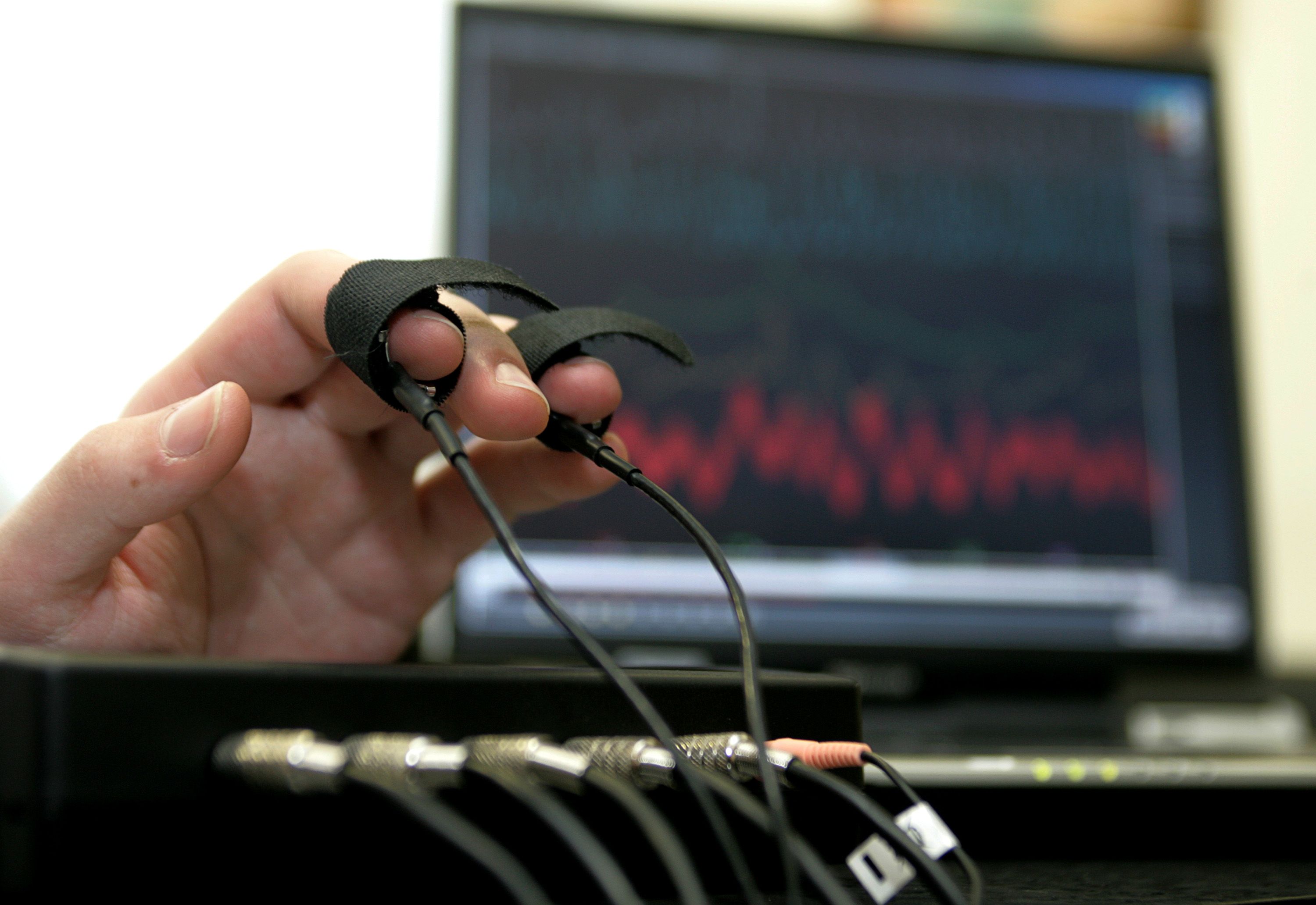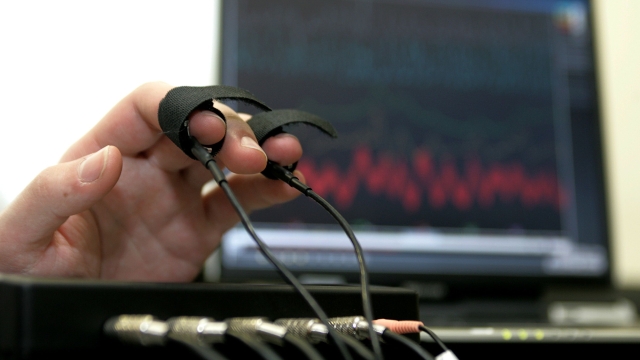
In a world where truth and deception often dance a delicate tango, lie detector tests stand as a beacon of reliability, striving to unmask the veils of dishonesty. These tests, also known as polygraphs, have long been heralded as a tool to pierce through the webs of deceit that individuals may weave. With their roots tracing back to the early 20th century, lie detector tests have evolved to become a common feature in various arenas, from criminal investigations to employment screenings. But how do these tests truly work, and can they be the unequivocal arbitrators of truth they claim to be?
Lie detector exam
At the heart of a lie detector test lies the intricate meshing of physiology, psychology, and technology. By measuring physiological responses such as fluctuations in heart rate, blood pressure, respiratory rate, and perspiration levels, these tests aim to uncover the subtle cues that betray a person’s attempts at deception. The underlying principle is that when an individual fabricates a lie, their body involuntarily reacts to the stress and anxiety of deceit, manifesting in these physiological changes. This intricate interplay between the body’s involuntary responses and the examiner’s astute observations forms the foundation upon which lie detector tests are built.
History of Lie Detector Tests
Lie detector tests, also known as polygraph tests, have a history dating back to the early 20th century. The concept of measuring physiological responses to detect deception was first explored by scientist William Moulton Marston in the 1910s. Marston’s research laid the groundwork for modern polygraph testing.
In 1921, the first polygraph machine was developed by John Augustus Larson, a medical student at the University of California, Berkeley. Larson’s invention included a device to measure blood pressure, pulse rate, and respiration – all key indicators used in polygraph testing today.
Throughout the decades, lie detector tests have been both praised for their potential to uncover the truth and criticized for their reliability. Despite ongoing debates about the accuracy of polygraph results, these tests continue to be used in various fields, from law enforcement to employment screenings.
Accuracy and Controversies
When it comes to lie detector tests, there is ongoing debate regarding their accuracy. Proponents argue that these tests can accurately detect deception based on physiological responses such as changes in heart rate, blood pressure, and sweat gland activity. However, critics point out that factors such as anxiety, nervousness, or even the skill of the examiner can influence the results, leading to potential inaccuracies.
One of the main controversies surrounding lie detector tests is their reliability in determining the truth. While these tests can measure physiological responses, they do not directly detect lies. Instead, they rely on interpreting changes in bodily functions that may indicate deception. This subjective interpretation has raised questions about the validity of using lie detector tests as concrete evidence in legal proceedings or employment screenings.
Furthermore, some argue that lie detector tests are not foolproof and can be manipulated by individuals who are trained to control their physical reactions. This raises concerns about false positives or false negatives, where innocent individuals may be wrongly accused or guilty ones may go undetected. Due to these controversies and limitations, the use of lie detector tests remains a topic of much discussion and scrutiny in various fields.
Ethical Considerations
When considering the use of lie detector tests, it is crucial to address the ethical implications involved. One primary concern is the potential invasion of privacy that comes with administering these tests. Individuals may feel uncomfortable or violated when probed with personal questions in a high-pressure environment.
Moreover, there is the issue of accuracy and reliability of lie detector tests. While these tests can provide valuable insights, they are not foolproof and can sometimes yield false results. Relying solely on the outcome of a lie detector test to make important decisions can lead to unjust outcomes and harm the trust between individuals.
Lastly, it is important to acknowledge the impact that the results of a lie detector test can have on a person’s reputation and future prospects. Being labeled as deceptive based on the outcome of a test can result in severe consequences for individuals, both personally and professionally. As such, caution must be exercised when using lie detector tests and interpreting their results.
